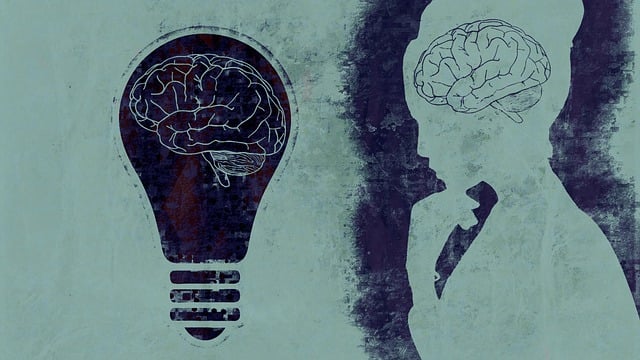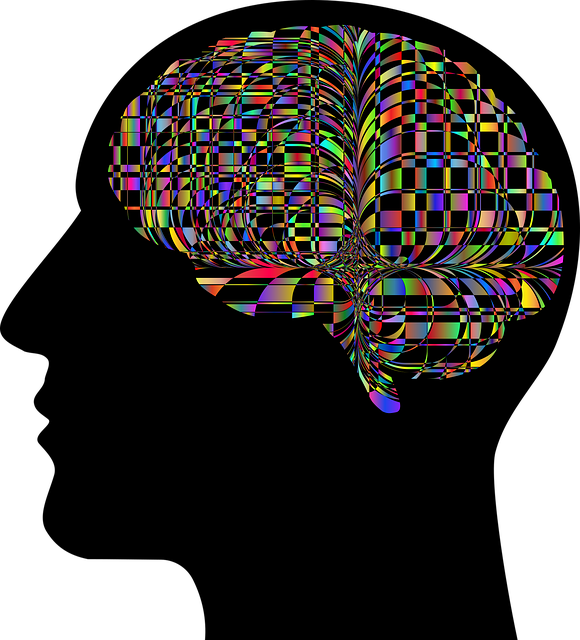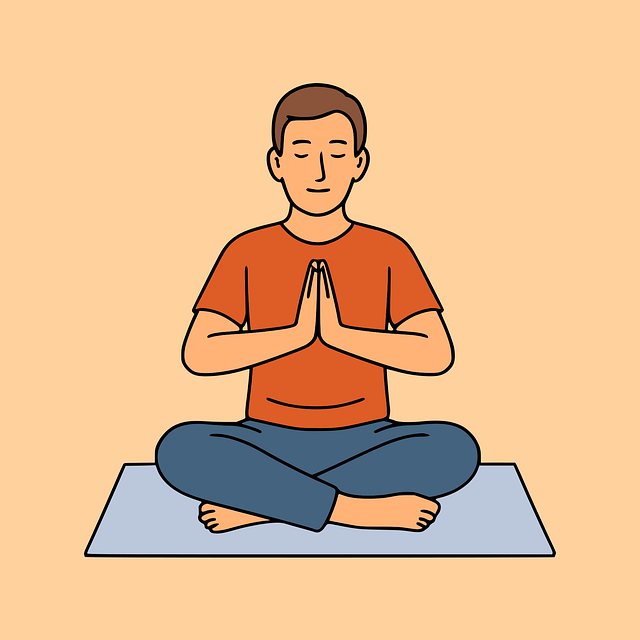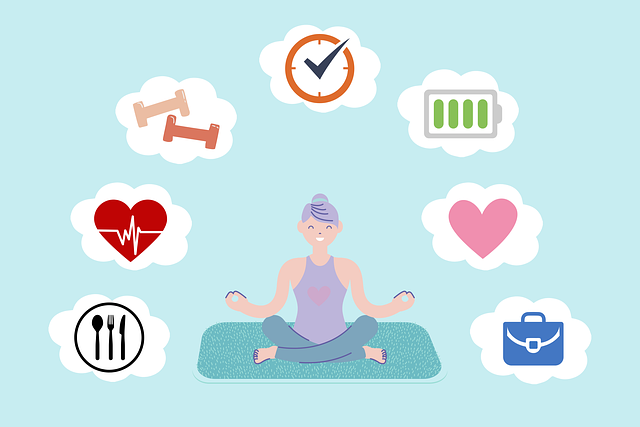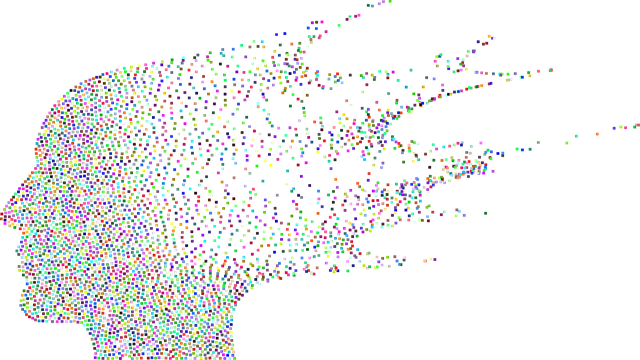Mental wellness involves emotional, psychological, and social well-being, with self-care crucial for maintaining it. Northglenn Interpersonal Issues Therapy highlights the significance of self-care in mental health awareness and policy analysis. Developing a personalized self-care routine includes introspection, prioritizing activities that replenish energy, and incorporating mindfulness practices, physical activity, and strong social connections. Regular therapy sessions can significantly enhance mental wellness by addressing interpersonal challenges, improving communication skills, and providing tools for stress reduction and trauma support. Adapting self-care routines to changing life circumstances is key to personal growth and resilience, with Northglenn Interpersonal Issues Therapy offering guidance.
Developing a mental wellness self-care routine is an empowering journey towards holistic well-being. This article guides you through understanding the foundation of mental wellness and its symbiotic relationship with self-care, followed by practical strategies to identify personal needs. We’ll explore essential components for crafting a personalized routine, including insights on how Northglenn Interpersonal Issues Therapy can enhance your self-care practices. Learn tips for sustaining and adjusting your routine as you navigate life’s changes.
- Understanding Mental Wellness and Self-Care
- Identifying Personal Needs and Priorities
- Crafting a Routine: Essential Components
- Incorporating Northglenn Interpersonal Issues Therapy
- Sustaining and Adjusting Your Self-Care Routine
Understanding Mental Wellness and Self-Care

Mental wellness is a holistic state that encompasses an individual’s emotional, psychological, and social well-being. It involves managing stress, cultivating positive thoughts, and fostering meaningful connections with others. Self-care, as an integral component of mental wellness, refers to deliberate actions taken to preserve or enhance one’s overall health and happiness. This includes activities like regular exercise, adequate sleep, nutritious meals, and engaging in hobbies that bring joy and relaxation.
At Northglenn Interpersonal Issues Therapy, we recognize the profound impact of self-care on mental health awareness and policy analysis. Effective communication strategies play a pivotal role in promoting self-care practices within communities. By fostering open dialogues about mental health issues, we can dispel misconceptions, encourage support systems, and empower individuals to prioritize their well-being, ultimately contributing to a more robust Mental Health Policy Analysis and Advocacy landscape.
Identifying Personal Needs and Priorities

Identifying your personal needs and priorities is a crucial step in developing an effective mental wellness self-care routine, especially when navigating Northglenn Interpersonal Issues Therapy. This process involves deep introspection to understand what brings you joy, what helps you relax, and what supports your overall well-being. It’s not just about checking off boxes or following trendy practices; it’s about recognizing your unique emotional landscape. Consider what activities, environments, or interactions replenish your energy rather than draining it. Reflect on past experiences with self-care: what worked then, and what could be adapted to fit your current needs?
In designing a mental health education program or considering mental wellness coaching, prioritizing these personal discoveries is key. Incorporating strategies for burnout prevention and integrating practices that address specific emotional needs can transform one’s relationship with their mental wellness. This personalized approach ensures that self-care becomes a meaningful and sustainable practice rather than a mere checklist of tasks to complete.
Crafting a Routine: Essential Components

Developing a mental wellness self-care routine is a proactive approach to maintaining balance and resilience in our daily lives, especially in navigating Northglenn Interpersonal Issues Therapy or considering a broader Mental Health Policy Analysis and Advocacy perspective. Crafting an effective routine involves integrating various essential components tailored to individual needs. Firstly, setting aside dedicated time for mindfulness practices such as meditation or deep breathing exercises can significantly enhance mood management skills. These activities allow individuals to connect with their thoughts and emotions, fostering better self-awareness.
Additionally, incorporating physical activity, whether it’s a brisk walk, yoga, or dancing, releases endorphins that promote positive feelings and depression prevention. Social connections are another vital component; scheduling regular check-ins with friends, family, or support groups can provide emotional validation and a sense of belonging. Balancing these aspects of self-care ensures a holistic approach to mental wellness, contributing to overall well-being and resilience against interpersonal issues.
Incorporating Northglenn Interpersonal Issues Therapy

Incorporating Northglenn Interpersonal Issues Therapy into your self-care routine can significantly enhance mental wellness. This therapeutic approach focuses on addressing interpersonal challenges and improving communication skills, which are crucial for managing stress, anxiety, and even trauma. By engaging in regular sessions with a trained therapist from Northglenn Interpersonal Issues Therapy, individuals can learn effective coping strategies to navigate relationships and social interactions more healthily.
The integration of this therapy within self-care practices allows for a holistic improvement in mental health. It empowers individuals to understand the connection between their interpersonal dynamics and emotional well-being. Through tailored exercises and techniques, Northglenn Interpersonal Issues Therapy offers valuable tools for stress reduction methods, trauma support services, and even designing mental health education programs that cater to one’s unique needs. This comprehensive approach ensures a more profound impact on overall mental wellness.
Sustaining and Adjusting Your Self-Care Routine

Maintaining a mental wellness self-care routine is an ongoing process that requires dedication and flexibility. Once you’ve established a routine that works for you, it’s important to remember that life circumstances change, and so should your self-care practices. Adjustments might be necessary as you navigate through different phases of personal growth or deal with emerging challenges, such as interpersonal issues. Northglenn Interpersonal Issues Therapy can offer valuable guidance during these transitions, helping you tailor your self-care to meet your evolving needs.
Regularly reviewing and refining your routine allows for the integration of new coping skills developed through Social Skills Training or Emotional Well-being Promotion Techniques. By incorporating these learned strategies into your daily life, you enhance your ability to manage stress, improve resilience, and promote overall mental wellness. Embracing change in your self-care journey ensures that you remain supported and equipped to face whatever comes next.
Developing a mental wellness self-care routine is a transformative journey, one that can significantly enhance your overall well-being. By understanding the importance of self-care and identifying personal needs, you can create a tailored routine with essential components like mindfulness, exercise, and social connections. Incorporating Northglenn Interpersonal Issues Therapy adds a vital layer, offering professional guidance to navigate interpersonal challenges. Sustaining this routine involves regular reflection and adjustments to meet evolving needs. Remember, consistent self-care is not just a trend but an investment in your long-term mental health and happiness.
